The Paleo Diet, often referred to as the “caveman diet,” is a popular diet that mimics the way our ancestors used to eat. This article will explore the types of proteins that are considered paleo-friendly, as well as take a deeper dive into the specifics of the paleo diet especially when it comes to protein.
What is the Paleo Diet?
The Paleo Diet came about to get back to basics and mimic eating patterns like that of our Paleolithic ancestors. Proponents of this way of eating argue that humans are genetically adapted to a time when agriculture was less developed, and therefore, diets consisted of whole, unprocessed foods like meats, fish, nuts, seeds, fruits, and vegetables (1).
The diet also emphasizes animal products and plenty of protein. Primarily grass-fed and pasture-raised animals are preferred over conventionally raised animals, as the nutritional quality of the meat will be better.
It’s important to remember that our ancestors did not have access to processed foods and refined grains and sugars. Therefore, when following the paleo diet properly, people should avoid or limit refined sugars, grains, dairy, and artificial additives.
Some proponents suggest that the effects of the paleo diet are even more pronounced when paired with intermittent fasting. “Our ancestors often had to go for 16-24+ hours without food. This constant fasting triggered a biological process known as autophagy, your body’s built-in recycling system that breaks down junk it doesn’t need from unhealthy fats & toxins and turns it into fuel,” according to Ryan Davidson, Chief Health Officer at Raw Juicery.
In modern times, combining intermittent fasting with your paleo diet can facilitate more efficient bodily processes, aiding in blood sugar regulation and tons of other health benefits, “including longevity and healthspan-related benefits,” according to Dr. Pedram Kordrostami M.D, BSC, PGCERT, the CEO & Founder of Omre, a longevity-based supplement company.
 How Much Protein Do I Need on the Paleo Diet?
How Much Protein Do I Need on the Paleo Diet?
The amount of protein you require when following the paleo diet is not different from the amount of protein your body would require on other well-balanced diets. Protein requirements vary depending on age, gender, activity level, calorie needs, and individual goals.
However, most people need about 0.8-1 gram of protein per kilogram of body weight, or 15-25% of your total calorie intake (2).
For example, if you consume 2,000 calories each day, you would need 75-125 grams of protein.
What are the Best Protein Sources on Paleo?
The Paleo Diet suggests consuming natural, nutrient-dense protein sources.
Grass-fed and pasture-raised meats such as beef, chicken, turkey, and pork are some of the best sources of nutrient-dense protein.
Fish and seafood are also great sources of protein on the paleo diet. Fatty fish like salmon, mackerel, and sardines are particularly high in omega-3 fatty acids which are great for heart and brain health.
Eggs are another very versatile protein source that can be a great addition to a healthy, protein-rich, paleo diet.
In addition to animal sources of protein, choosing nuts and seeds is another integral part of the paleo diet to ensure adequate heart-healthy fatty acids. Some people on the paleo diet incorporate legumes in moderation, while more strict dieters omit all legumes.
 Is Whey Protein Paleo?
Is Whey Protein Paleo?
For anyone strictly following the paleo diet, whey protein should not be included. While it’s a great source of high-quality protein, it’s not considered paleo-friendly mainly because it’s made from dairy.
During the Paleolithic era our ancestors likely did not consume dairy products, which is why dairy is not included in the diet.
However, it’s important to remember that it is totally possible to follow a paleo diet at large while still incorporating dairy products here and there, if that is something you wish to include. Ultimately, the diet encourages a healthy way of eating, but there is no hard and fast rule about what you should and should not eat. You may choose to adopt some aspects of the paleo diet, while not adhering to all of them.
With that being said, there are options for more paleo-friendly protein powders that will be outlined in the next section.
What Protein Powders are Best on a Paleo Diet?
If you’re following the Paleo Diet and still wish to incorporate protein supplements, there are paleo-friendly protein powders available.
The following protein powders are typically made from ingredients that align with the principles of the paleo diet:
- Collagen Protein: Collagen is a protein found naturally in the body that can support skin and joint health. “As humans, our natural collagen production begins to decline around age 30, so supplementing with both protein and collagen can play a huge role in slowing the aging process of your muscles, bones, skin, and hair,” says Jennifer Brennan of Hercules Supplements.
- Egg Protein: Egg protein powder often comes from egg whites and provides a complete source of protein.
- Beef Protein: Beef protein powder is made from hydrolyzed beef collagen, which provides a high-quality protein source.
- Plant-Based Protein Powders: There are some plant-based proteins that are paleo-friendly such as pea protein or hemp protein.
 Which Protein Powders to Avoid on Paleo?
Which Protein Powders to Avoid on Paleo?
While some protein powders are more paleo-friendly than others, it’s important to always look for a high-quality product with natural ingredients.
Carefully read labels to avoid any added sweeteners, colorings, stabilizers, or any other artificial ingredient.
If you’re trying to more strictly follow the paleo diet, it’s probably best to avoid whey-based protein powders.
Paleo-Friendly Protein Shake Recipe
The following recipe is for a tasty paleo-friendly protein shake that you can enjoy all season long.
Almond Pear Protein Shake
Ingredients:
- 1 pear, cubed and frozen
- ½ frozen banana
- 1 tablespoon almond butter
- 1 cup almond milk
- 1 scoop collagen protein powder
- ½ teaspoon vanilla extract
Directions:
Blend all ingredients together and enjoy!
Want to unlock greater wellness?
Listen to our friends over at the Wellness + Wisdom Podcast to unlock your best self with Drew Canole of Organifi:

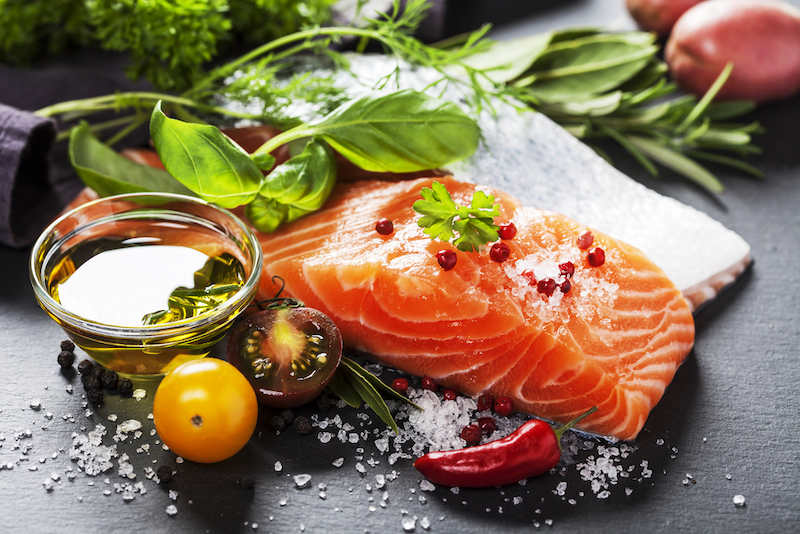
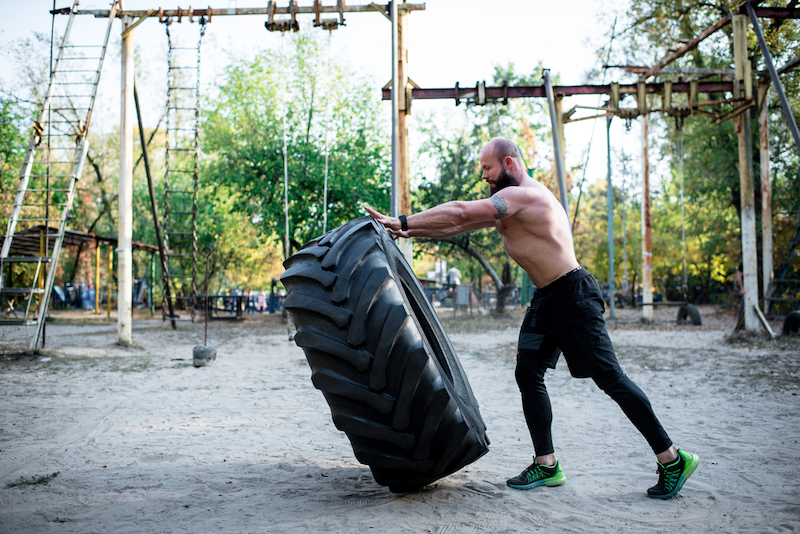 How Much Protein Do I Need on the Paleo Diet?
How Much Protein Do I Need on the Paleo Diet?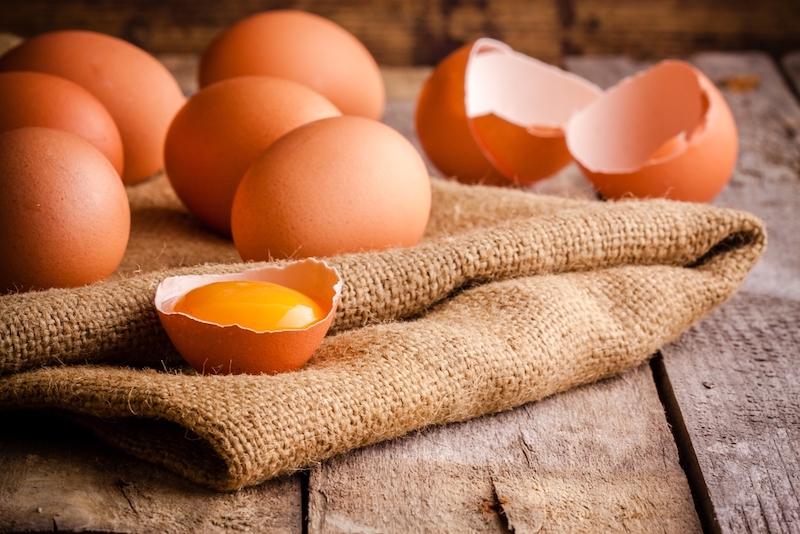 Is Whey Protein Paleo?
Is Whey Protein Paleo?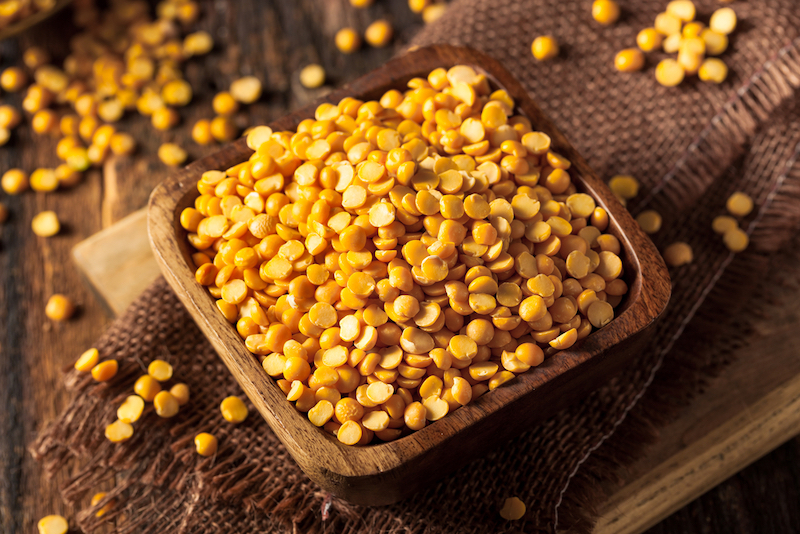 Which Protein Powders to Avoid on Paleo?
Which Protein Powders to Avoid on Paleo?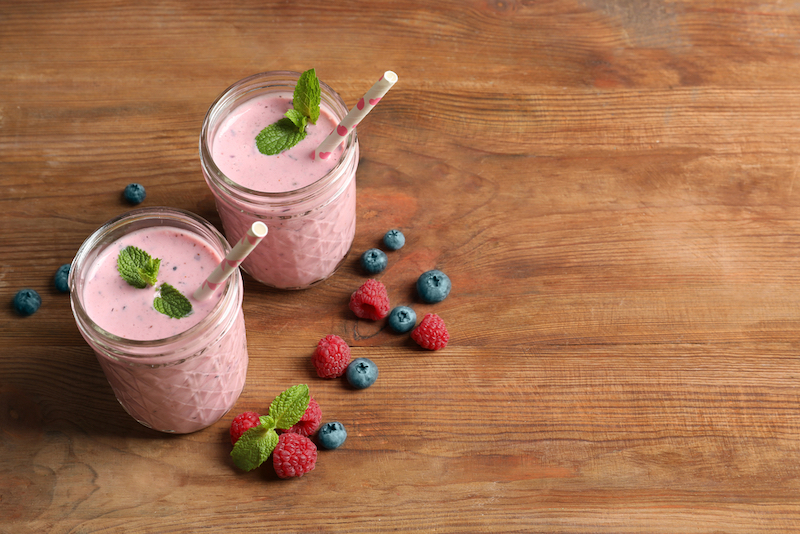





 What is the Best Way to do Keto?
What is the Best Way to do Keto?